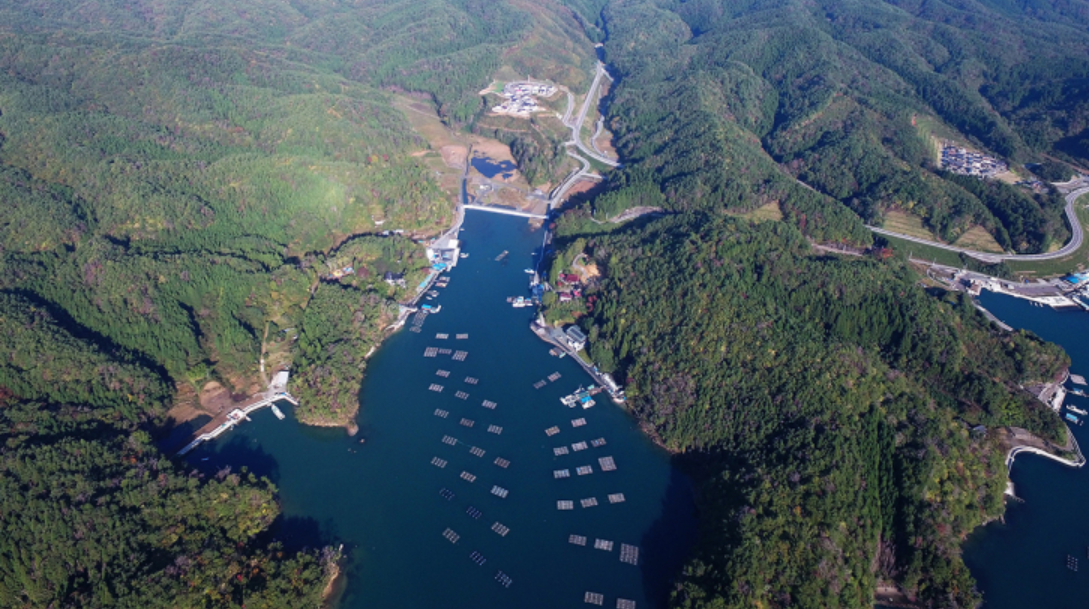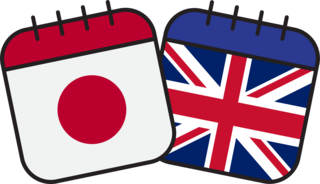
The Fishermen who Plant Trees: In Conversation with Hatakeyama Makoto
- 17 March 2022
- 12:00 - 13:00 (GMT)
- Online
- https://www.japanhouselondon.uk/whats-on/2022/the-fishermen-who-plant-trees-in-conversation-with-hatakeyama-makoto-from-mori-wa-umi-no-koibito/
- +44 20 3972 7100
- events@japanhouselondon.uk
- Tweet
Learn about the Japanese fishermen who have been planting trees in the mountains for over 30 years in this online event broadcast live from Kesennuma in Miyagi Prefecture.
Kesennuma Bay, located in the middle of the Sanriku Coast, has long flourished as a base for inshore and offshore fishing, but since the 1960s the bay's environment had deteriorated due to a massive red tide caused by the inflow of domestic wastewater into the river and the destruction of the forest.
Hatakeyama Shigeatsu, an oyster fisherman from the district of Moune, took a stand against this situation. Under the slogan ‘森は海の恋人’ (Mori ha umi no koibito), translated by the group as ‘The forest is longing for the sea, the sea is longing for the forest’, he and his fellow fishermen started to plant trees in the upper reaches of the Okawa River, which flows into Kesennuma Bay, in 1989.
In 2009, the movement was incorporated as a registered non-profit organisation, and in 2011, just as it was ready to respond more actively to the needs of society, the Great East Japan Earthquake devastated the sea and the life in Moune.
This online talk event features Hatakeyama Makoto, the third son of Shigeatsu. Hatakeyama Makoto is also an oyster fisherman and vice chairman of the organization Mori-wa-Umi-no-Koibito. He will talk about the recovery of Moune following the Great East Japan Earthquake and the future aspirations of the Mori-wa-Umi-no-Koibito movement to promote preservation of the marine environment and environmental education.
During the event, Hatakeyama will be joined in conversation by Professor Hugh Whittaker, Professor in the Economy and Business of Japan at the University of Oxford.
There is an opportunity for guests to ask questions to the speakers during this live online event.
About the speakers
Hatakeyama Makoto was born in 1978 in the Moune district of Kesennuma, Miyagi Prefecture. After graduating from high school, he studied under the late C.W. Nicol, a Welsh environmental activist and author, and learnt the importance of fieldwork in environmental conservation. After working on a biological survey and environmental education project on Yakushima Island, Kagoshima, he returned to his native Moune to work as a fisherman producing oysters and scallops. He is currently the vice president of the NPO Mori-wa-Umi-no-Koibito, which organises and hosts hands-on learning experiences with a focus on environmental education.
Hugh Whittaker is Professor in the Economy and Business of Japan at the Nissan Institute of Japanese Studies, University of Oxford. His research interests span entrepreneurship, management of innovation, corporate governance, and employment relations in Japan, as well as political economy and economic development in East Asia. He is currently doing research on Japan’s digital and green transformations, including smart communities and cities. His publications include (co-authored) Compressed Development: Time and Timing in Economic and Social Development (2020).
